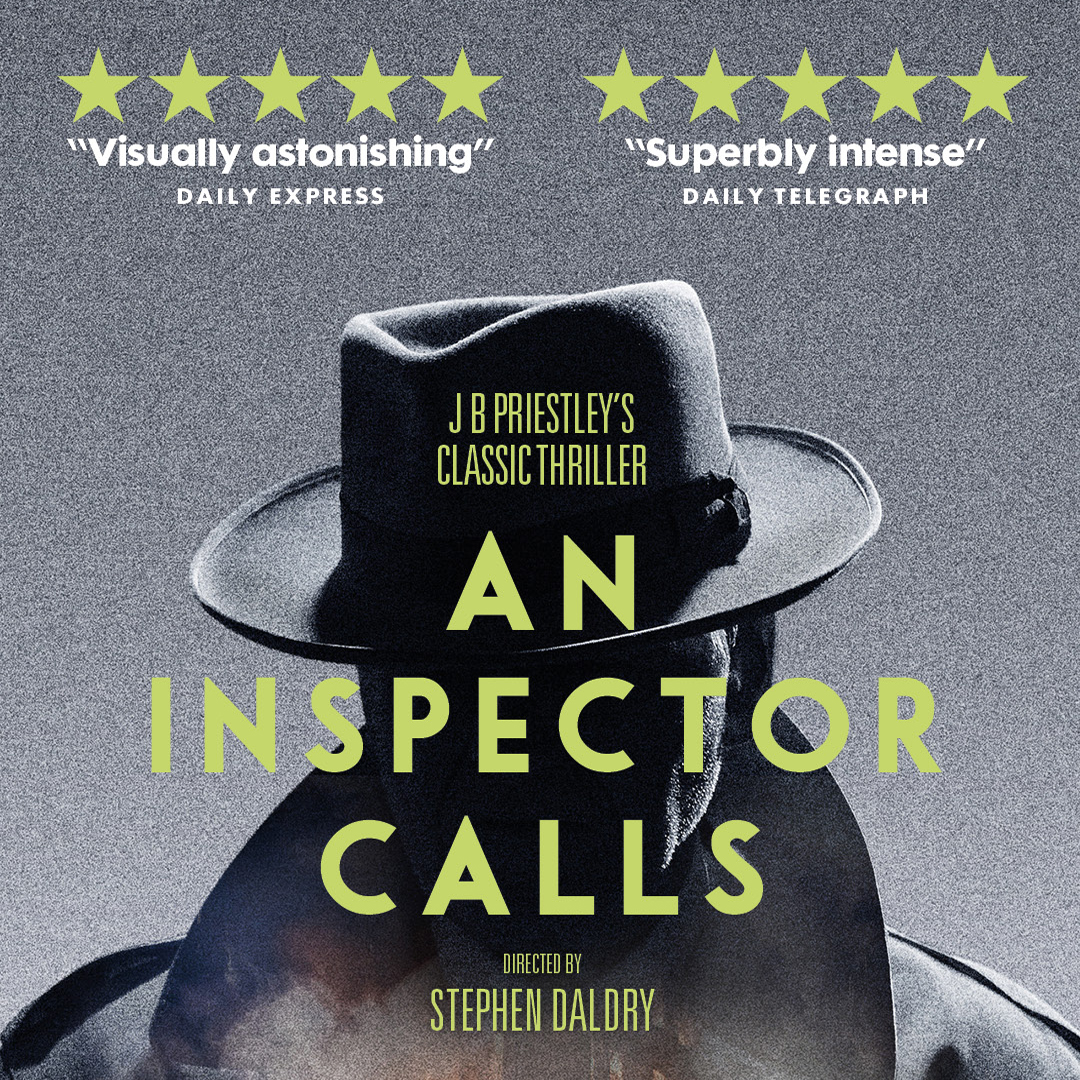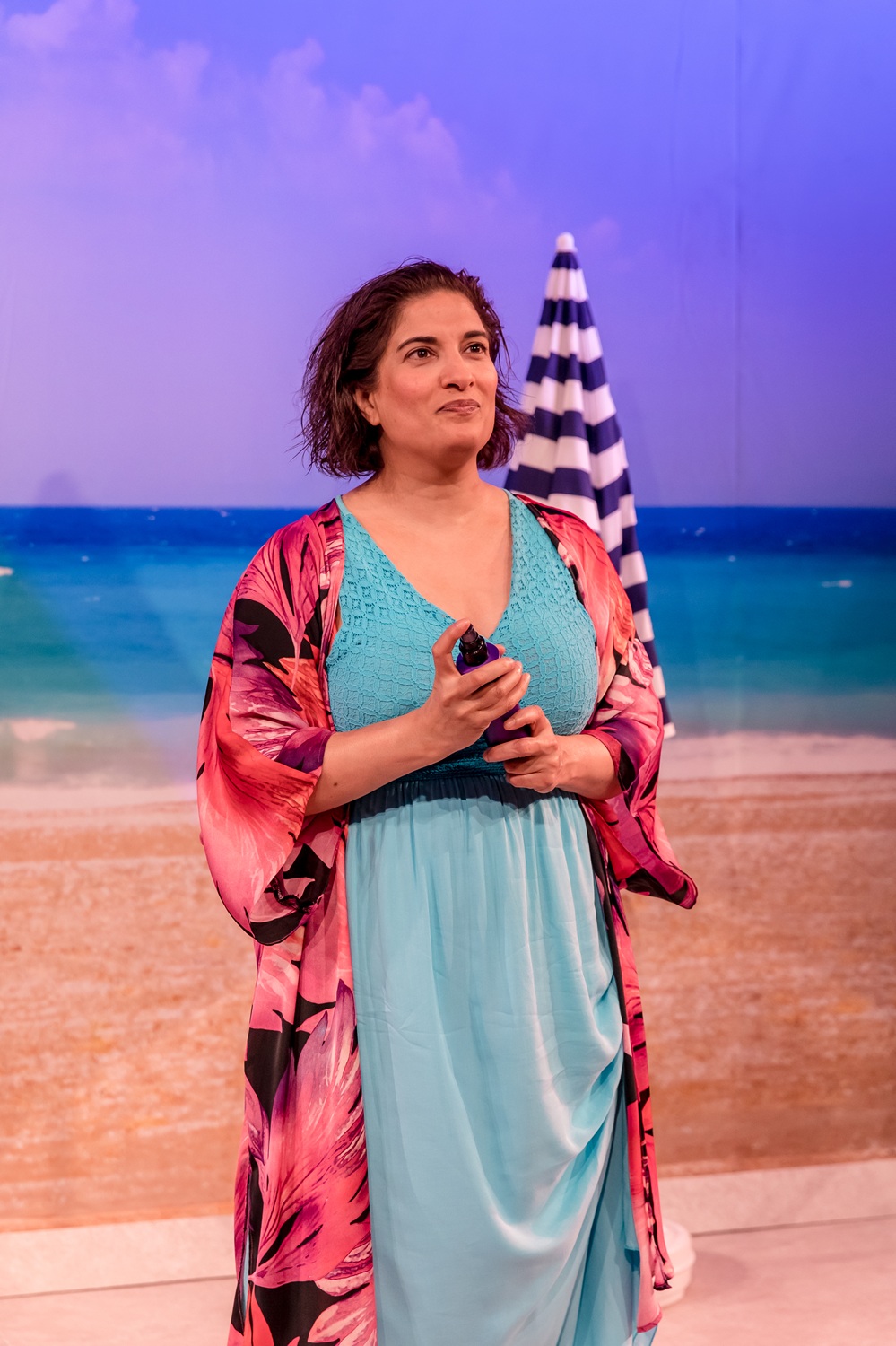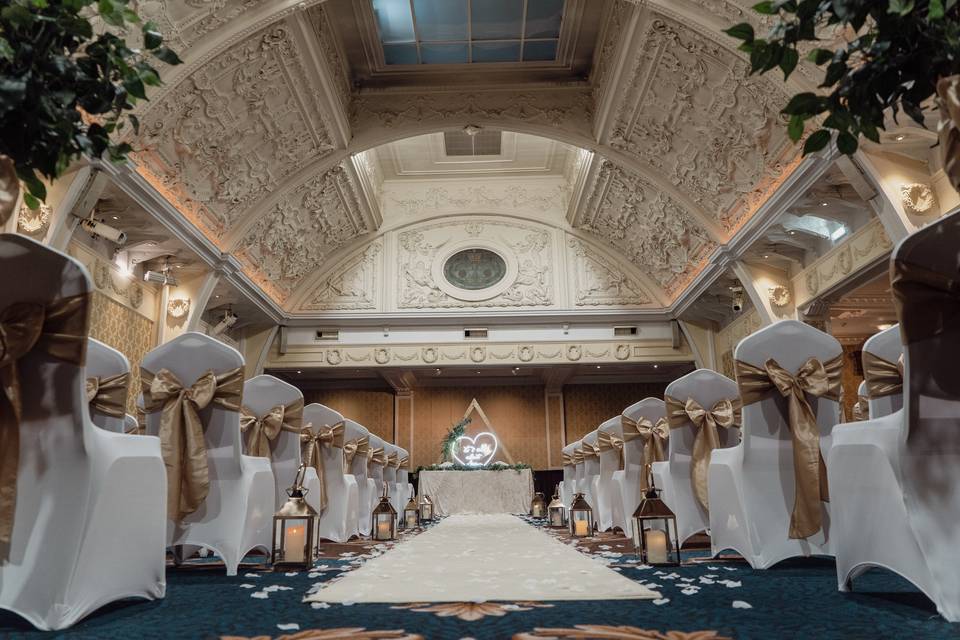Great War Poets – What Makes A Great War Poem?
7 min read
Share
For World Poetry Day (United Nations) and National Poetry Day, Blackpool Grand discusses with a fantastic panel who helped create the critically acclaimed stage production Regeneration, poetry and what they think makes a good war poem and a look at some of the great war poets.
The panel consists of Jacqui Rowe, First World War Poetry Digitial Archive founder Stuart Lee, and Napier University Literature Professor Alistair McCleery who have some words of wisdom for poetry hopefuls.
They shall grow not old, as we that are left grow old:
Age shall not weary them, nor the years condemn.
At the going down of the sun and in the morning
We will remember them…
Laurence Binyon, For the Fallen
Binyon Laurence Binyonwrote ‘For the Fallen’ in northern Cornwall in September 1914, just one month after the outbreak of the First World War. Listen to the great Sir John Gielgud reading Binyon’s war poem.
What makes a good war poem?
What do you feel makes and good war poem?
Stuart: A good war poem is one that transcends the conflict it originates from, presenting us with an emotional engagement that will be timeless.
Jacqui: A good war poem shouldn’t tell me what to think; in particular, I, along with most other readers, know that war can be hell, so I don’t need to be told that. For me, good war poems pick out the human side of war, and not just the anguish but the mundane and the uplifting as well.
Alistair: A good war poem, like all good poems I think, challenges the reader or listener on imaginative, intellectual and emotional levels to varying degrees. In particular, it communicates in a way that helps the reader/listener build their own response prompted by the poet’s text.
Who is your favourite poet and why?
Alistair: Wordsworth – this may seem an odd and to some extent anachronistic choice. Wordsworth has written some of the worst as well as some of the best poetry in English.
Jacqui: Guillaume Apollinaire. I was bowled over when I first read them in French – they’re so different from any English poetry of the First World War. He was able to see the beauty in even harrowing situations and his poems often transcend the awfulness with striking images.
Stuart: David Jones. On each re-read of ‘In Parenthesis’ I discover something new.
How important is the use of poetry to describe war?
Stuart: It is as important as any medium. Some people view poetry with distrust as it is deemed the reserve of a certain type/class of person from a particular background, but we must remember that at one-time poetry was written for and by the masses.
Alistair: I don’t think poetry describes war – certainly not in the way, say, a film does – but it does communicate aspects of war in a manner other forms do not because of its ability to engage the reader on those imaginative, intellectual and emotional levels.
Jacqui: Much of our modern view of the First World War is shaped by the poetry of the time, which has been important in conveying what the actual experience of being there was like, something which good poetry does better than factual historical chronicling.
What can poets do to improve their work?
Stuart: Practice, read other poets, and don’t forget their audience.
Alistair: Learn from other poets they admire but only to the point where they find their own distinctive voice.
Jacqui: Read your poem out loud to yourself and check, honestly, that it sounds natural in your own voice. If you stumble over any words or phrases, check them to make sure you’re not distorting them, perhaps to fit in with a rhyme scheme, or altering the word order to make it sound ‘poetic’. Keep reading it aloud as you revise it. If it sounds right in your own voice it will sound authentic, which is what you’re looking for.
Sassoon or Owen? and why?
Alistair: Owen – partly because of the forcefulness of his writing and partly because Sassoon, unlike Owen, always seems to be more detached in his writing.
Stuart: Owen, the pupil bettered the master and his poetry is applicable now to the wars we witness in the 21st century, and will be for future conflicts.
Jacqui: Owen, I think, was the greater poet because he was developing and experimenting as he wrote. But I think Sassoon is more interesting as a person.
Our Great War Poets
War Poets | Edmund Blunden
Born in London, raised in Kent and attended education at Christ’s Hospital, Horsham, where he became a senior classical scholar. Later in life in 1914, he gained a Queen’s College, Oxford, classics scholarship and a year later 1915 enlisted in the Royal Sussex Regiment. Blunden began writing poetry during his school time and continued writing while training with the regiment.
Between 1916-1918, he was engaged in what can only be described as some of the worst fightings of war, Somme and Ypres on the Western Front, awarded the Military Cross. His incredible service ended in 1918 and went into recovery back to Britain. Once back and recovered he accomplished an academic career and succeeded Rudyard Kipling as ‘literary adviser’ to the Imperial (later Commonwealth) War Graves Commission. He sadly died at 77.
War Poets | Robert Graves
Son of a British father and German mother he gained a (classical) scholarship at Oxford’s St John’s College (1914), obtaining a commission with the Royal Welch Fusiliers.
Sent to the Battle of Loos (France) in May 1915, and in July 1916, 3-weeks into the Battle of the Somme was badly wounded and reported dead. The notice of his death even appeared in The Times and his parents informed him before discovering he survived. He returned to the front but was later declared unfit for active service due to lung damage.
Graves while in France became a friend of a fellow officer named Sassoon (Siegfried). Sassoon’s influence can be exhibited in Graves’s early poems. Moving to Majorca he worked as a poet, scholar, dramatist, critic and novelist until dying aged of 90.
War Poets | David Jones
In WW1 Jones enlisted in the Royal Welch Fusiliers as a private. Spending his first year training before heading to France (1915). Surviving the start of the Battle of the Somme he sadly received a leg injury (1916) at Mametz Wood. Returning to action, he later developed trench fever in 1918 and left. He was unable to return before the war ended and was demobilised in 1919.
Following the war, Jones lived alone and in poverty/ill-health. His major new work, Parenthesis, followed his wartime experiences (taking over a decade to complete). Jones continued as an artist and poet for the rest of his life.
War Poets | Wilfred Owen
Owen was working as a private tutor (France). Returning to England and joining ‘Artists’ Rifles’ in October 1915, then consequently into the Manchester Regiment posted to France (1916). In the following April following the harrowing conflict, he was diagnosed with the unknown at the time ‘shell-shock’, and sent back to Britain. While recovering at Craiglockhart War Hospital he met Sassoon. There he found his poetic expression and wrote the incredible poem, Anthem for Doomed Youth.
Owen was awarded the Military Cross (1918) but sadly died in action the same year.

War Poets | Siegfried Sassoon
Sassoon went to Clare College, Cambridge. Coming from a wealthy family he did not need to work but his poetry writing was a passion, publishing his first collection in 1906.
Sassoon enlisted in the Sussex Yeomanry. 1915 he was transferred to the infantry, the Royal Welch Fusiliers, where he met officer and poet, Robert Graves. In the same year, Sassoon was awarded the Military Cross for bravery, a trench raid on the Western Front. Following a wound, he returned home in 1917. Twelve weeks later, he made a public ‘act of wilful defiance of military authority’ he wrote protesting at the continuation of the war to his commanding officer. The Medical Board dismissed his protest and put it down to ‘Shell-shock’. Appreciating that his protest failed, Sassoon re-joined the regiment returning to France. Notwithstanding being inadvertently shot by his very own sergeant, Sassoon lived through the war and wrote some of the greatest and most renowned literature based on his wartime experiences.






















